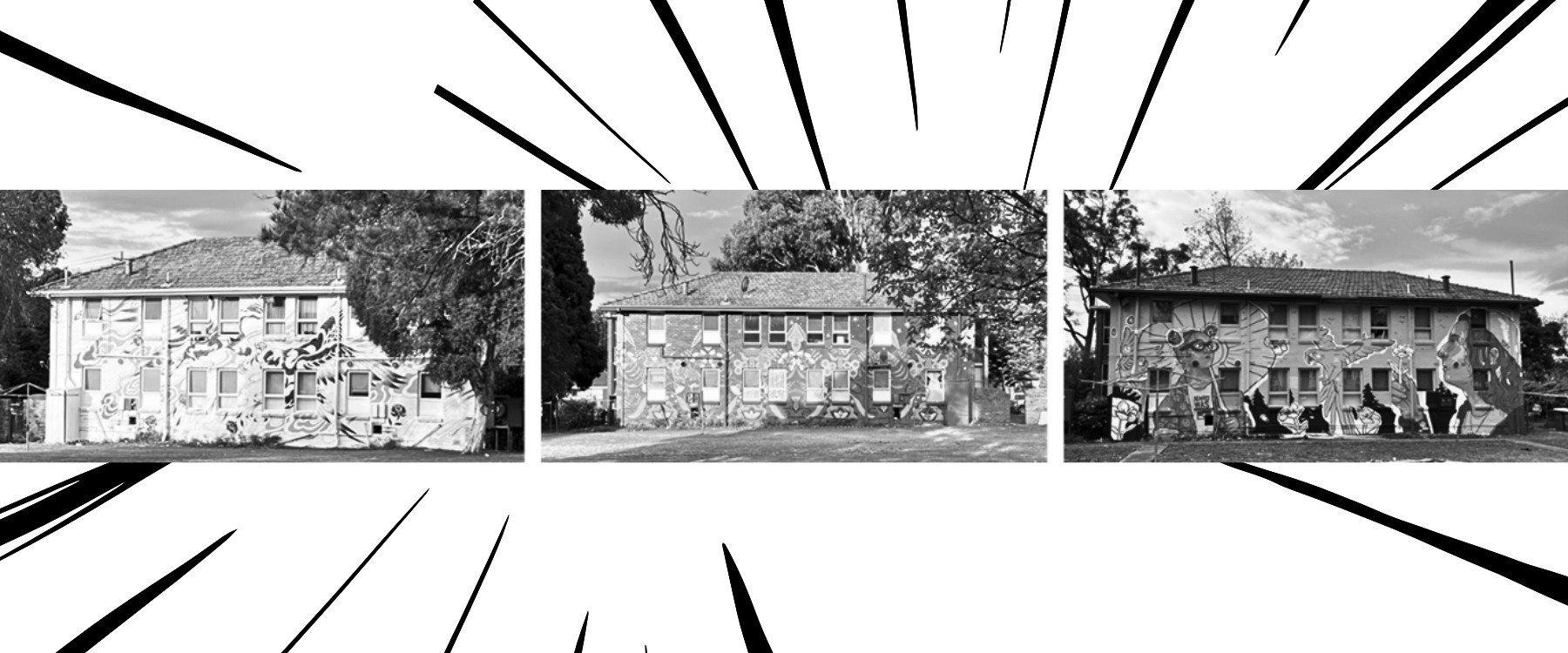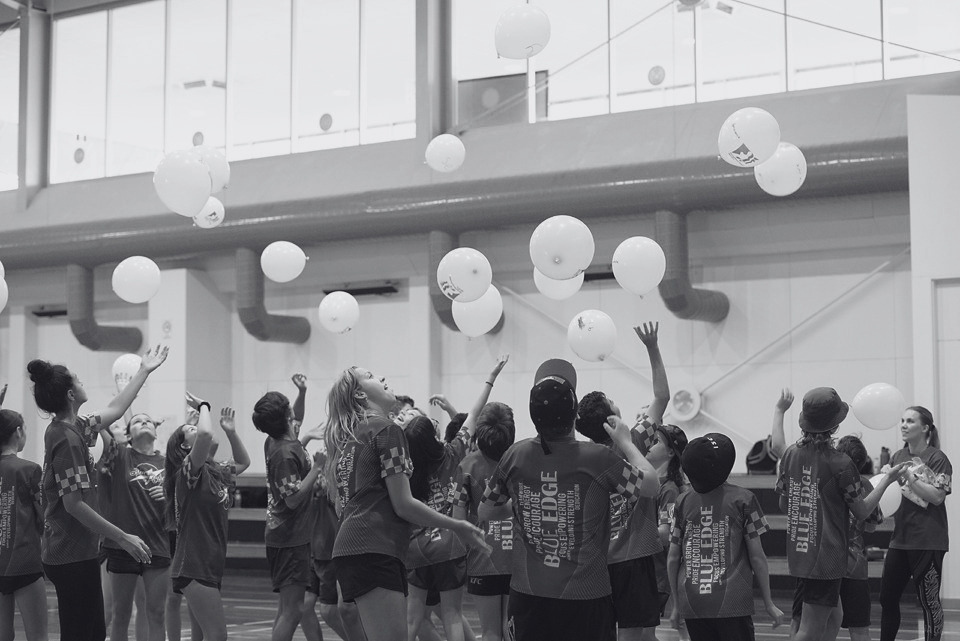Victoria’s Royal Commission into Family Violence highlighted that multicultural communities face additional barriers when navigating the family violence system. Family Safety Victoria (FSV) engaged Cube Group to undertake a project to better understand the help seeking experiences of victim survivors and people using violence from multicultural communities. We created an interactive map that described the family violence ecosystem and journey maps capturing clients’ experiences of navigating the family violence and interfacing service systems. These client journey and ecosystem maps used a person-centred view to describe and narrate the journey from risk identification, disclosure and service system access. The maps provided an invaluable resource to FSV, informing the development of policy to strengthen the interface between community service organisations and the specialist family violence system.
Together for good – the client challenge
FSV engaged Cube Group to deliver two different types of visually engaging journey maps that surface and describe opportunities where people from multicultural communities can gain access to earlier and effective interventions for family violence prevention and support. The maps describe:
- the lived experience of people from multicultural communities starting from before they enter the family violence system (client journey maps); and
- the family violence ecosystem displaying the key contact points in the service system and how they interact to provide family violence services and support to people from multicultural communities.
Bringing the right thinking and people to the table
The journey maps were timely and a high priority for government and multicultural communities. After an extensive environment scan, Cube delivered stakeholder engagement which considered cultural backgrounds, access to services based on location, and settlement conditions and a sensitive consultative approach.
Cube undertook extensive consultation which included 21 focus groups and five workshops with:
- the Multicultural Family Violence Working Group
- representatives from the specialist family violence sector
- members of the Victim Survivors’ Advisory Council, and;
- other relevant organisations
These consultations provided evidence around the challenges that multicultural communities face in accessing the family violence service system. They also identified opportunities to address these gaps for multicultural communities. Policy makers and key stakeholders from government were also consulted to ensure that relevant family violence policies were reflected in the maps.
Sectors
Services
The positive change we delivered
Cube developed five client journey maps each describing the journey and experience of a key persona. The maps were complimented by case studies. Case studies highlighted the complexities of service stories by providing a deeper exploration how an individual’s identity affects their risk of family violence and access to and experience of the service.
We narrated a story through the ‘persona’s’ experience. This approach captured the protagonist’s thoughts and feelings, as well as perspectives of intervenors across their journey. It was important to stay true to the issues and stories we heard during our consultation and understood through the research to present an ‘as is’ state.
Cube also developed an Ecosystem Map, which illustrated a ‘should be’ state of the system. It displayed common contact points within and outside the specialist family violence system for victim survivors and people using violence from multicultural communities. It also demonstrated the influence of key whole-of-Victorian Government reforms through the interactions, activities and information sharing flows between services and agencies.
The findings from this work were presented to the Multicultural Family Violence Working Group. The complexities of the system were articulated in a way that was digestible to service providers and policymakers to guide opportunities for improvement.
In line with recommendations from this project, FSV has prioritised strengthening relationships with community organisations that work with multicultural communities. The project’s findings heavily informed FSV’s recent grants program, Working together: Strengthening family violence support with multicultural communities.[1]
Insights for inquisitive minds
Since 2017, the family violence incident count has increased from 76,477 to 93,440 in 2021. That is an increase of 1,210 per 100,000 population to 1,399 per 100,000 population or 6.2% per year.
A summary report of case reviews completed by the Coroners Court of Victoria concerning family violence related homicides found that of 271 family violence homicides examined, 10% involved a person or persons from a culturally and linguistically diverse background[2].
[1] A $2.4 million package to increase access to family violence support for multicultural communities: https://www.premier.vic.gov.au/supporting-diverse-communities-facing-family-violence
[2] Walsh, C, McIntyre, S-J, Brodie, L, Bugeja, L & Hauge, S 2012, Victorian Systemic Review of Family Violence Deaths – First Report, Coroners Court of Victoria, Melbourne, p.22.







